
- Home
- Publications
- e-bulletin
- October 2019
e-Bulletin October 2019
|
|
Faculty Sets Up Case ConsortiumCase study, as a teaching tool, has been widely employed in business and management education. The recently set up Faculty of Business Case Consortium promotes greater use of this method by developing case material and technical briefs on contemporary issues and state-of-the-art management practices. Its case studies will focus on business issues related to major initiatives and strategic plans of Hong Kong and mainland China, in particular Guangdong-Hong Kong-Macao Greater Bay Area and the Belt and Road developments. The case consortium, with Dr Justin Law in the School of Accounting and Finance as Director, was officially launched on 27 September 2019. |
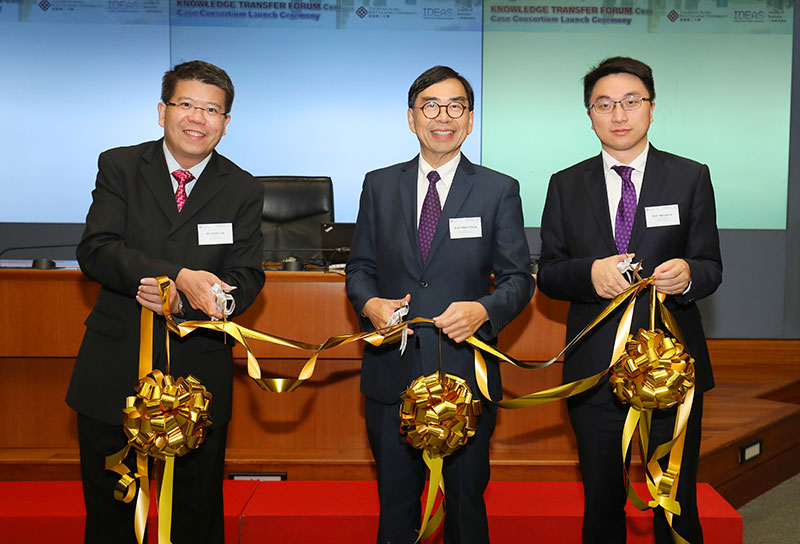 |
| (From left) Case Consortium Director Dr Justin Law, Faculty Dean Professor Edwin Cheng, and Associate Dean (External Relations and Development) Professor Haitian Lu |
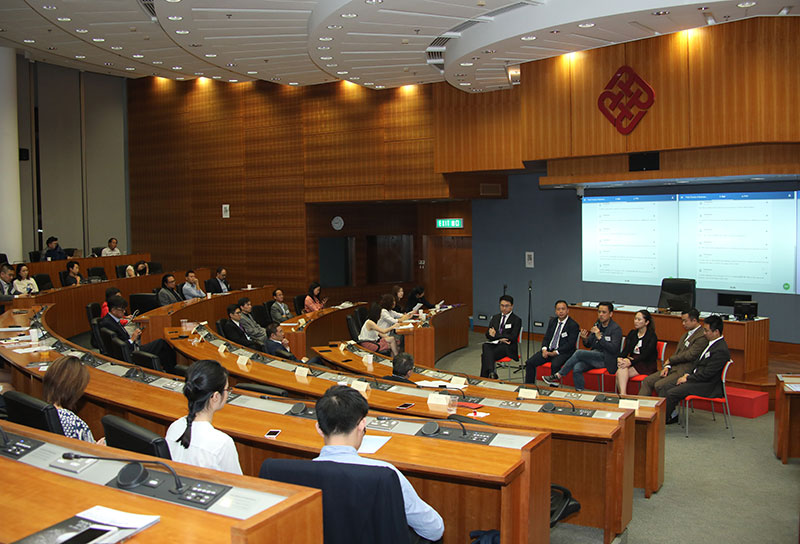 |
| At the forum |
|
|
Knowledge Transfer Forum Looks at Greater Bay Area Opportunities and ChallengesTo mark the beginning of its Case Consortium, the Faculty held a knowledge transfer forum on 27 September 2019. The forum, themed "Greater Bay Area: Opportunities and Challenges under the China-US Trade War", was addressed by entrepreneurs, executives and experts from digital finance and healthcare service platforms as well as food and beverages, supply chain, and wealth management service providers. They shared with the participants their experience of managing business in the Greater Bay Area and their companies' expansion facilitated by development of the Area. |
|
|
School of Accounting and Finance Launches Technology Workshop on FintechTo share knowledge of financial technology and insights about the impact of technological advancement on different sectors and industries, especially finance, accounting, and law, the School of Accounting and Finance has recently launched a Technology Workshop on Fintech. It will consist of a series of events, covering such diverse topics as Blockchain, Virtual Bank, and RegTech, to be addressed by entrepreneurs and practitioners and attended by Accounting and Finance Analytics students and other participants. The first two events, held on 30 September and 21 October 2019, explored the themes of Entrepreneurship in Fintech, and InsurTech respectively. |
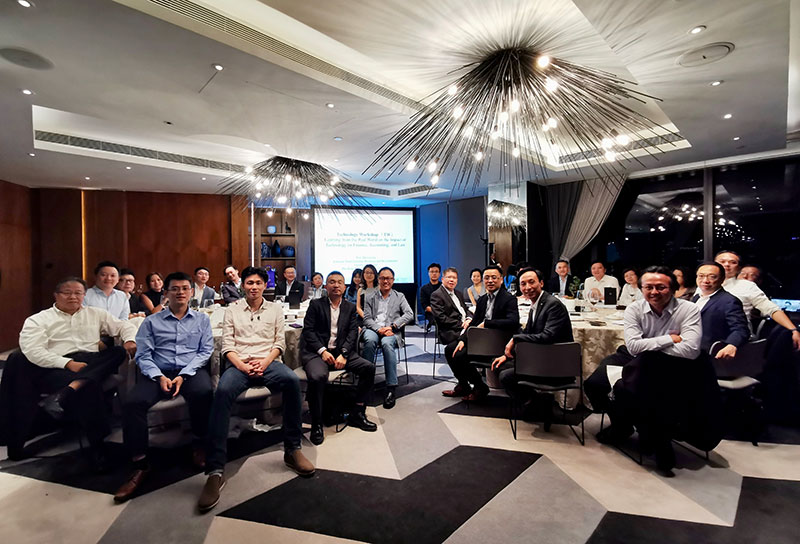 |
| Technology Workshop launch dinner |
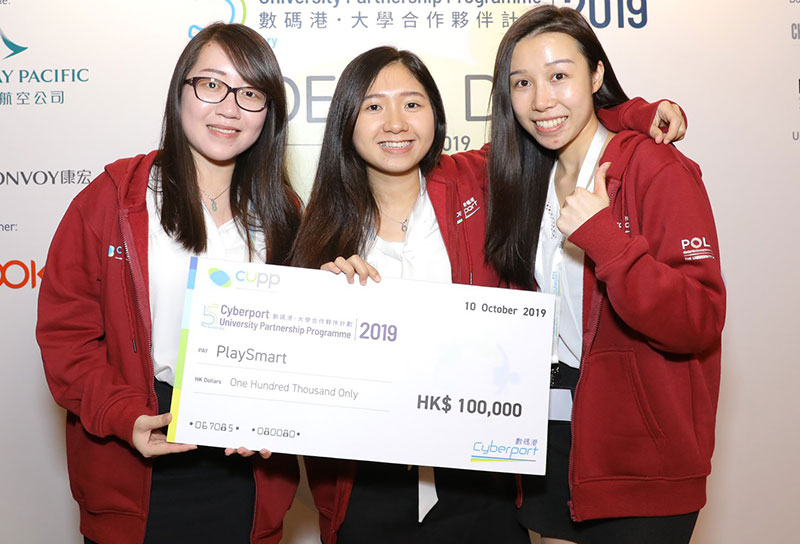 |
| (From left) Wong Tsz Yau, Lau Siu Yan, and Tsang Kit Ying |
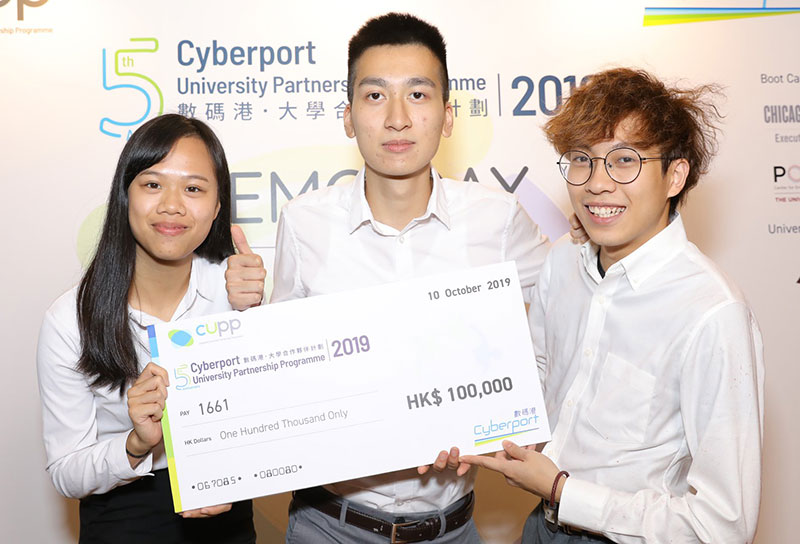 |
| (From left) Law Wing Sum, Tsoi Ho Ching, and Kwok Ho Hin |
|
|
Two LMS Teams Recognized for Outstanding Performance in Cyberport University Partnership ProgrammeTwo teams from the Department of Logistics and Maritime Studies (LMS) joined Cyberport University Partnership Programme (CUPP) 2019 and delivered outstanding performance. Each team was awarded a HK$100,000 cash grant from the Cyberport Creative Micro Fund and an interview opportunity of the Cyberport Incubation Programme. The team, named PlaySmart, was made up of BBA (Hons) in Global Supply Chain Management fresh graduates Miss Ivy Wong Tsz Yau, Miss Andrea Lau Siu Yan, and Miss Hilda Tsang Kit Ying. The team, named 1661, was made up of BBA (Hons) in International Shipping and Transport Logistics students Miss Law Wing Sum and Mr Tsoi Ho Ching and PolyU School of Design student Mr Kwok Ho Hin. CUPP, hosted by Cyberport, aims at nurturing fintech talent for Hong Kong. Before presenting their ideas and proposals on the demo day in October, participating teams received technological and entrepreneurship training in Hong Kong and at the University of Chicago Booth School of Business in the US in July and August. |
|
|
Dr Katrina Lin Wins Two Awards at Asia Academy of Management ConferenceDr Katrina Jia Lin, in the Department of Management and Marketing, was Best Reviewer of the 2019 Asia Academy of Management Conference. Her paper won the Best Track Paper Award (Organizational Behaviour) of this conference. Co-authors of the paper, entitled "Doing Good, Feeling Good? The Roles of Helping Motivation and Citizenship Pressure", are Professor Krishna Savani at Nanyang Technological University and Professor Remus Ilies at the National University of Singapore. The 11th Asia Academy of Management Conference was held in mid June 2019 in Indonesia. |
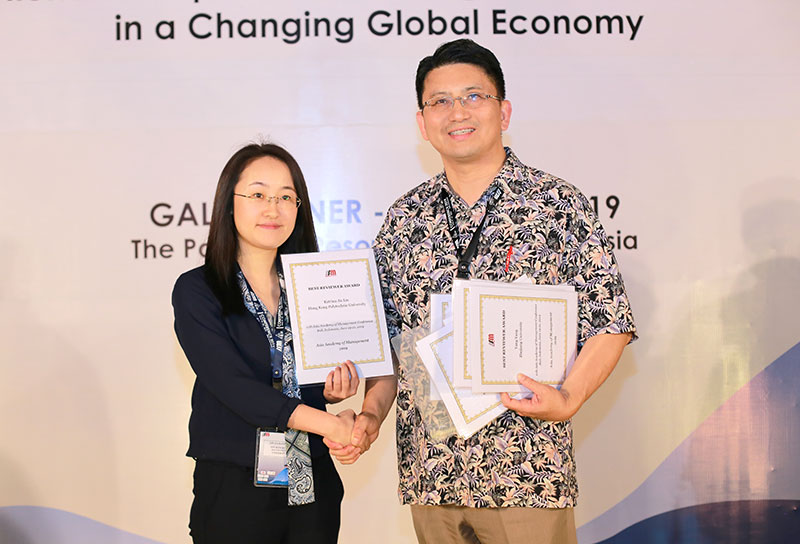 |
| Dr Katrina Lin (left) |
Research Insights
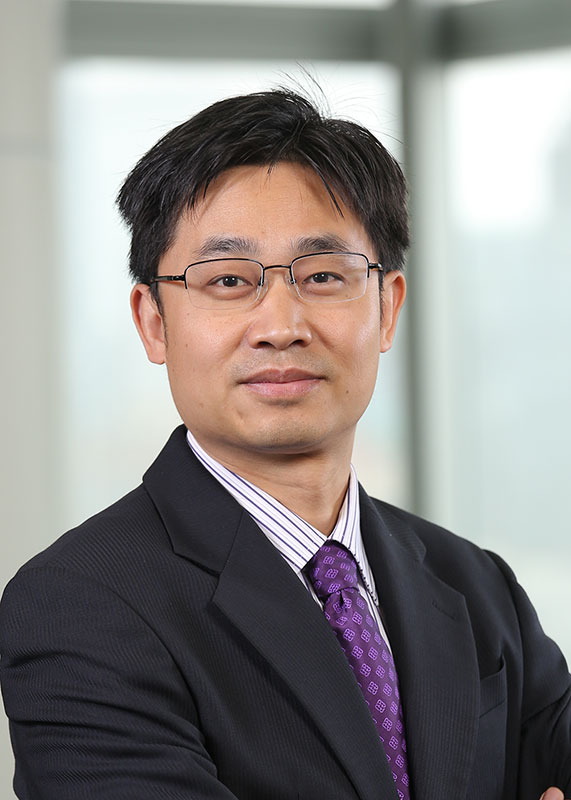 |
| Professor Pengfei Guo |
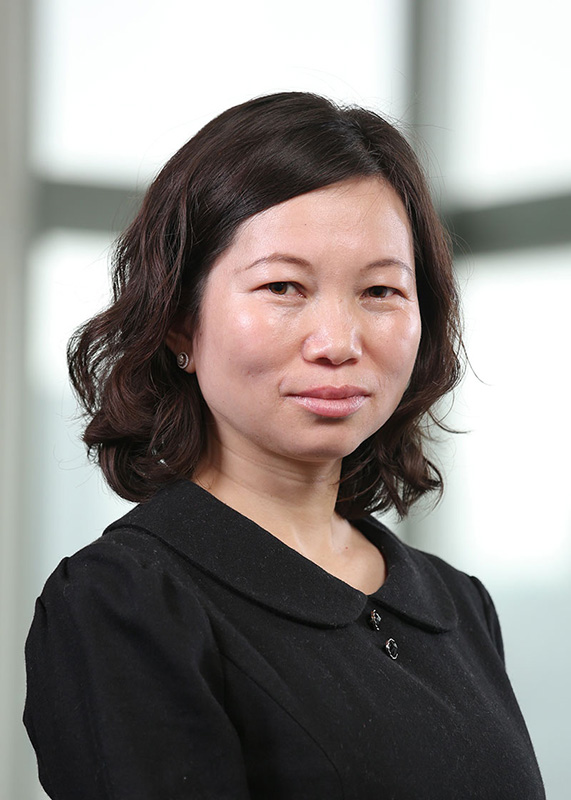 |
| Dr Yulan Wang |
|
|
The Impact of Reimbursement Policy on Social Welfare, Revisit Rate, and Waiting Time in a Public Healthcare System: Fee-for-Service versus Bundled Payment
|
Enjoy Your Evening, Be Proactive Tomorrow: How Off-Job Experiences Shape Daily Proactivity
|
 |
| Dr Bonnie Hayden Cheng |
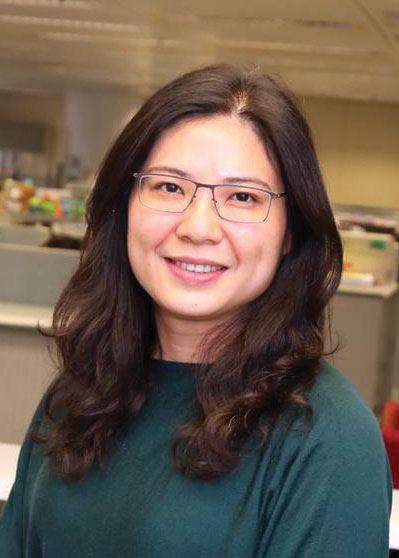 |
| Dr Wing Lam |


